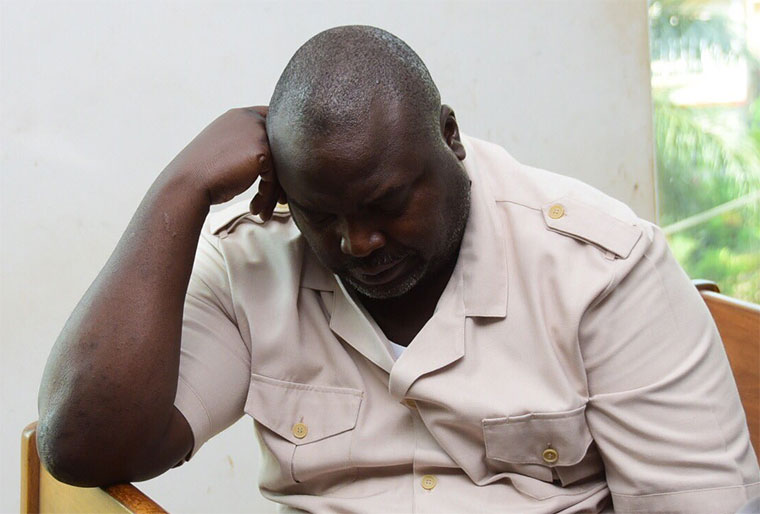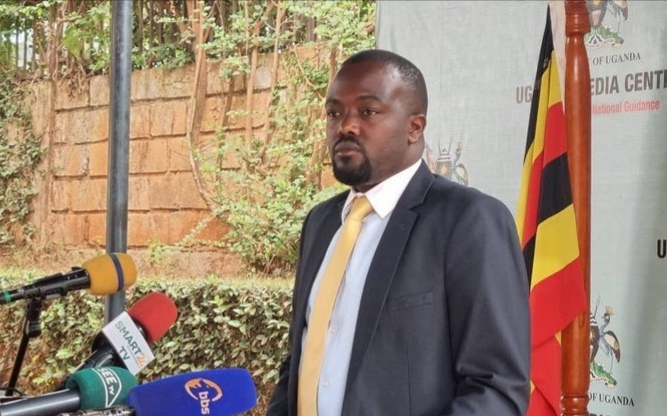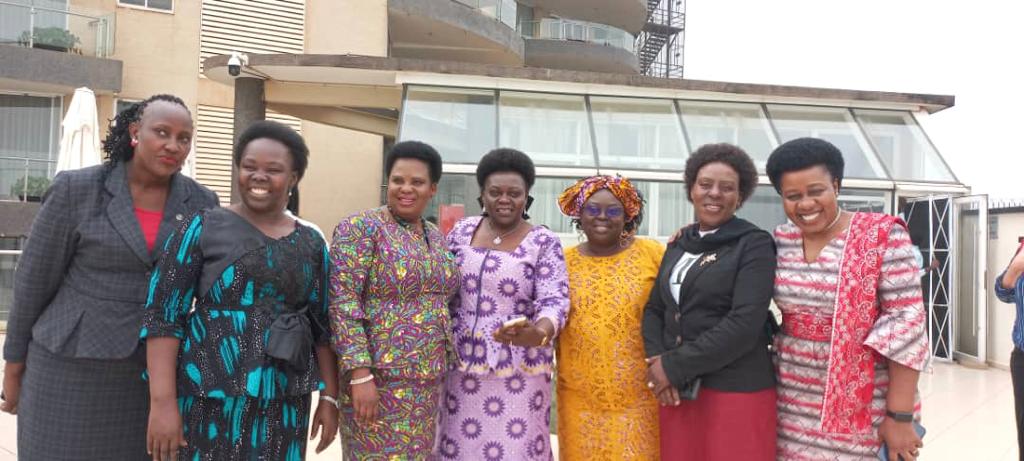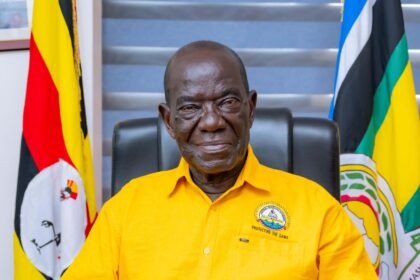In an unexpected move, President Yoweri Museveni has utilized his presidential prerogative to grant a pardon to David Chandi Jamwa, the former Managing Director of the National Social Security Fund (NSSF). Jamwa, who had been serving his time in prison for financial impropriety, finds himself at the centre of renewed discussions and legal complexities surrounding his case.
The presidential pardon, executed under Article 121 (1) (a) of the constitution, follows advice from the advisory committee on the prerogative of mercy. The statement highlights considerations of public health and humanitarian grounds, leaving many questioning the motives behind this surprising decision.
Chandi Jamwa’s legal predicament commenced with accusations of irregularly selling government bonds during his tenure as the NSSF Managing Director. The charges, implicating mismanagement of funds leading to a financial loss of approximately 3.1 billion Ugandan Shillings, alleged that Jamwa colluded with others to manipulate the bond sale, causing harm to the NSSF.
In 2011, the Anti-Corruption Court delivered a significant blow by convicting Jamwa on charges of abuse of office and causing financial loss to the NSSF, resulting in a 12-year prison term. His case became emblematic of Uganda’s commitment to holding high-profile figures accountable for financial improprieties within public institutions.
After six years on bail, in January 2018, the Court of Appeal ordered Jamwa back to Luzira Maximum Prison, initiating the commencement of a 12-year jail term. During the same year, the late Supreme Court judge Stellah Arach Amoko granted him bail. However, this bail was subsequently revoked in 2019 by the Supreme Court.
The Supreme Court’s decision reaffirmed the 12-year jail sentence initially imposed by the Anti-corruption Court in 2011. Jamwa’s conviction in 2011 was related to allegations of causing a 3.1 billion shillings loss to the National Social Security Fund in 2007.
This legal saga unfolded with a majority decision of 3-2 from the Supreme Court justices who deemed the 12-year jail term, as imposed by the Anti-Corruption Court in 2011 and later upheld by the Court of Appeal in 2018, to be legally justified.
However, President Museveni’s recent pardon has ignited discussions on the factors influencing this decision. While some argue it signals a belief in rehabilitation and second chances for those who may have erred, others express concerns about the potential implications for accountability, especially in cases involving public funds.
The complexity of the case and the unexpected turn of events prompt a reevaluation of the balance between executive clemency and the imperative to maintain the integrity of the justice system. As discussions unfold, the Chandi Jamwa case serves as a microcosm reflecting broader challenges faced by Uganda in navigating the intersection of justice, accountability, and the pursuit of good governance.
In addition to Jamwa, 12 other prisoners, including Vincent Ntale, Nelson Drabo, James Omirambe, Samuel Aliama, Francis Leku, Joseph Kabila, Yoha Ayitia alias Samu, Fred Kato, and Jackson Owino, have also benefited from the president’s prerogative of mercy, further fueling debates about the criteria and implications of such presidential pardons.
Do you have a story in your community or an opinion to share with us: Email us at Submit an Article









